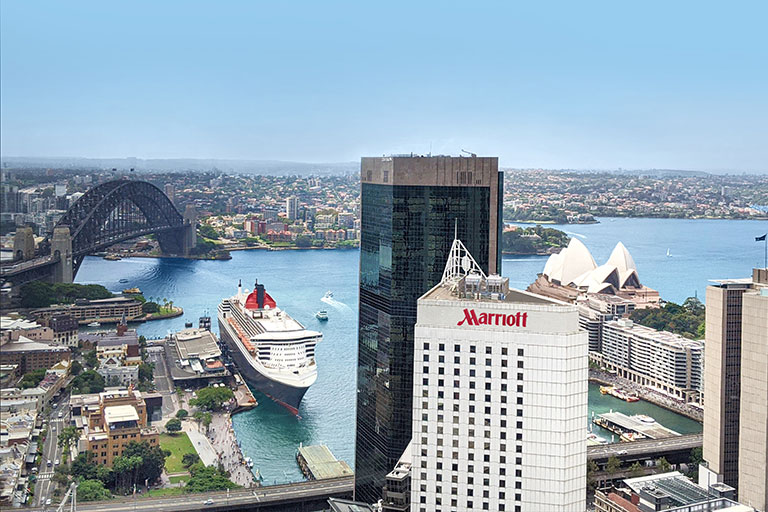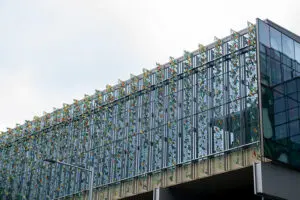Marriott International has verified its targets with the Science Based Targets initiative (SBTi), which is a partnership between the likes of the United Nations, the WWF, the World Resources Institute and CDP, another not-for profit in the climate change space.
One of Marriott’s short term goals is to reduce its scope 1 and 2 carbon emissions by 46.2 per cent by 2030, compared to what they were in 2019. The company has also committed to reducing its scope 3 emissions from fuel and energy-related activities, waste generated in operations, employee commuting and franchises by 27.5 per cent by 2030 from a 2019 base. It has also committed to 22 per cent of emissions from suppliers from which it purchases goods and services, or who provide capital goods also being covered by science based targets for emissions reduction. This second goal includes emissions from the transportation of the goods and services and capital goods Marriott purchases from these suppliers.
By 2050, Marriott has pledged to reach net zero carbon emissions by reducing emissions across all three scopes by 90 per cent based on 2019 levels.
“For nearly a century, Marriott has been committed to our core value of serving our world as we strive to be a force for good wherever we do business,” said Marriott International’s president and CEO, Anthony Capuano.
“The impact of climate change is being seen and felt across the globe. As we continue to connect people through the power of travel, we are committed to driving meaningful improvements to the environment and are energised by reaching this significant milestone.
“The approval of our near-term and long-term targets is the result of the hard work and dedication of Marriott’s teams around the world who are committed to our climate action journey and creating the future of sustainable hospitality.”
The hotel group is currently focussed on reducing its carbon emissions by looking at three areas: energy reduction, sourcing more renewable energy and purchasing lower carbon footprint goods. These efforts extend across its more than 8,800 hotels and resorts in 139 countries.
Marriott has delivered tailored energy and emissions reductions targets to every one of its managed and franchised properties around the world, as well as developing an overall plan to address climate risk, reduce emissions and build climate fluency across its whole organisation.
Other initiative including launching a global platform to help each Marriott property log key environmental metrics, from power and water consumption to waste output, introducing an initiative to help properties audit their energy usage and improve energy efficiency and engaging with suppliers as they work to bring down their emissions.
“Marriott has been on a journey to reduce greenhouse gas emissions in our operations and supply chain,” said Marriott’s chief global operations officer, Erika Alexander.
“We believe it’s good business and good for the planet.
“The decarbonisation of the global electrical grid is a vital component of reducing GHG emissions.
“We are united with other leading companies in elevating efforts to help address the effects of climate change and hold ourselves accountable as we embed sustainability throughout our operations.”




















